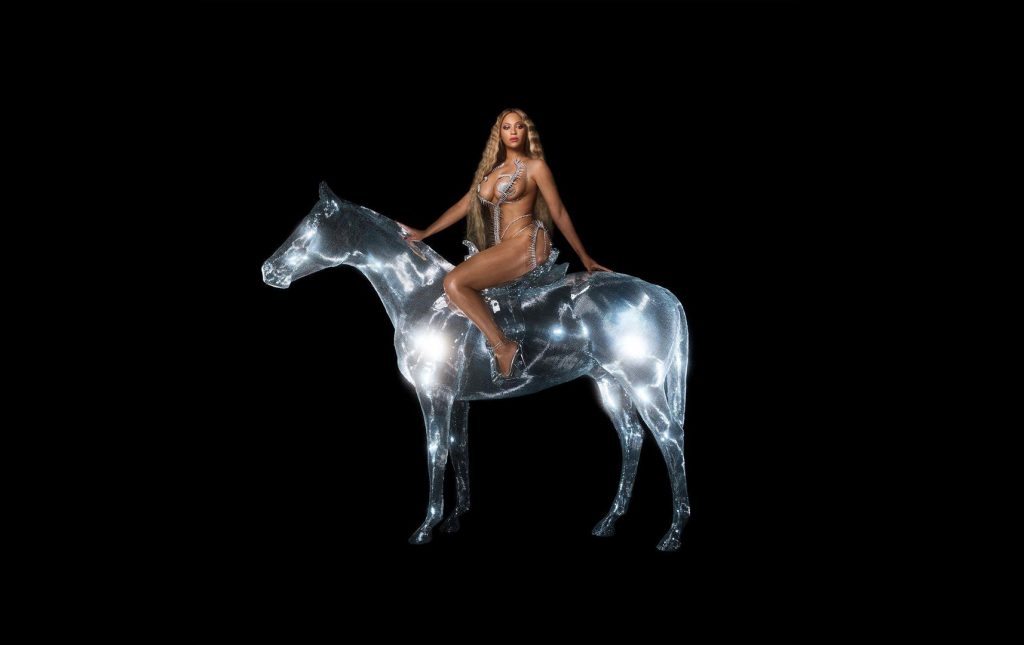Since its release, Beyoncé's latest album, Act I: Renaissance, has made a significant impact. Inspired by her fascination with African-American queer culture, the artist explores new sounds with LGBTQ+ talent, inviting listeners to unite on the dance floor. This project is one of her most innovative yet, and here’s why.
Beyoncé’s Renaissance: A Tribute to Pioneers and Fallen Angels
Released on July 29, Act I: Renaissance is Beyoncé’s seventh studio album, following a six-year wait since Lemonade . The concept emerged during the COVID-19 pandemic, with "rebirth" as its central theme. The album blends genres like dance, pop, R&B, disco, and house to deliver messages of self-esteem, hedonism, uniqueness, and sex-positivity.
Beyoncé was driven by her desire to capture the joy of club culture missed during the pandemic. Rather than following trends, she produced music on her own terms, blending various influences and focusing on personal expression. In a conversation with Harper's Bazaar, she expressed feeling "ready to escape, travel, love, and laugh again" after the pandemic's restrictions, and she noted that a “renaissance is emerging” that she wanted to be a part of.
Once released, Renaissance became an instant success thanks to its infectious energy and easy enjoyment.
What Makes Renaissance Stand Out?
First, the album is made up entirely of dance tracks. Beyoncé focuses on inward-facing love songs, elevating the voices of queer and Black women and calling for a world free of judgment.
The album’s success is also driven by collaborations with LGBTQ+ icons, including TS Madison, Big Freedia, Kevin Aviance, and Honey Dijon. Their contributions amplify the message of individuality and Black pride.
Act I: Renaissance is also a tribute to Beyoncé's late uncle, whom she honored at the GLAAD Media Awards. She dedicated the album to him and her queer audience, thanking “pioneers who generate culture” and “fallen angels whose contributions have remained unknown for too long.”

The Number Seven and the Idea of Perfection
While the number seven symbolizes perfection, Beyoncé defines Renaissance as “a safe place, free of perfectionism and ruminations.” The album celebrates both past and present cultures and countercultures that shaped her.
Renaissance is unlike any of her previous works, uniting people on the dance floor and embracing the liberating spirit of clubbing. Its eclectic production celebrates individuality, empowerment, and freedom.
A Beginning, Not the End
Renaissance is just the first part of a trilogy. With Act I, Beyoncé proves that while the music industry is filled with talent, no one does it like her. From the radical reinvention of sound to its empowering message, Beyoncé continues to be, and always will be, that girl




.jpg)


.jpg)



.jpg)

 (1).jpg)




